Publications
Articles, publications, books, tools and multimedia features from the U.S. Institute of Peace provide the latest news, analysis, research findings, practitioner guides and reports, all related to the conflict zones and issues that are at the center of the Institute’s work to prevent and reduce violent conflict.
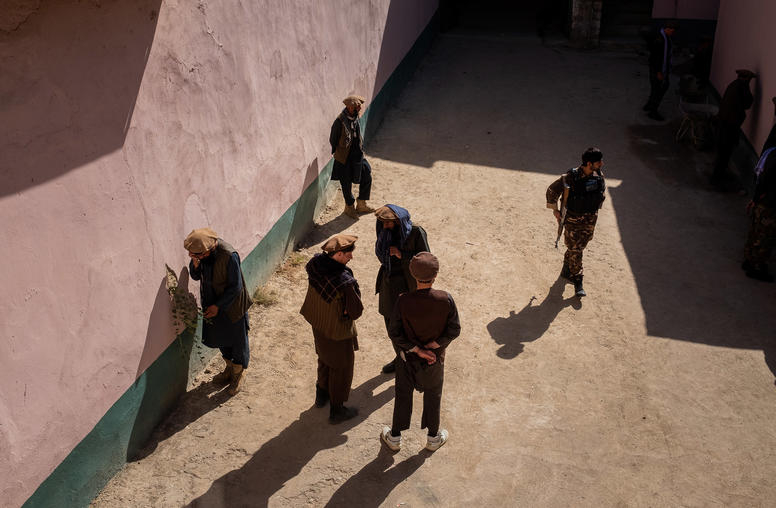
Taliban Fragmentation: Fact, Fiction, and Future
For years, the U.S. military pursued a "divide and defeat" strategy against the Afghan Taliban, attempting to exploit the supposedly fragmented nature of the group. Drawing on the academic literature on insurgency, civil war, and negotiated peace, this report finds that the Taliban is a far more cohesive organization than a fragmented one. Moreover, Taliban cohesion may bode well for enforcing the terms of its February 29 agreement with the United States, and any eventual settlement arising from intra-Afghan negotiations.

Sarhang Hamasaeed on Iran and Iraq Amid Coronavirus Pandemic
As the coronavirus pandemic spreads in both countries, USIP’s Sarhang Hamasaeed examines the obstacles facing Iraq’s newly appointed prime minister, as well as whether addressing the crisis might open the door for de-escalation between the U.S. and Iran, saying, “I do hope that these unfortunate challenges still come with some opportunity.”
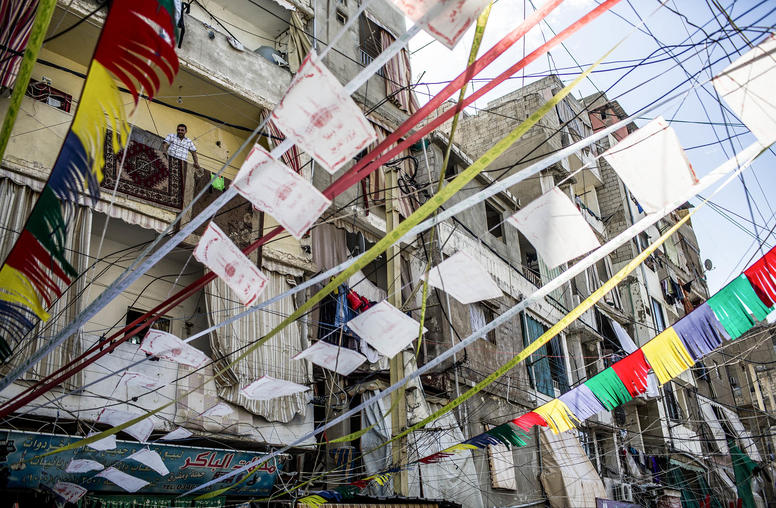
Why the Middle East is Especially Vulnerable to Coronavirus Crisis
As the world grapples with the dangerous and evolving coronavirus pandemic, the impact on the most vulnerable populations—the homeless, prison populations, and the impoverished—cannot be overestimated. In the Middle East, a region already ravaged by conflict and suffering from inadequate services and poor governance, the novel coronavirus could have untold consequences. Refugees and internally displaced people (IDPs) in the region are among the most at risk. Mitigating the impacts of the coronavirus, technically known as COVID-19, on this population will be critical to stanching the spread of the pandemic.
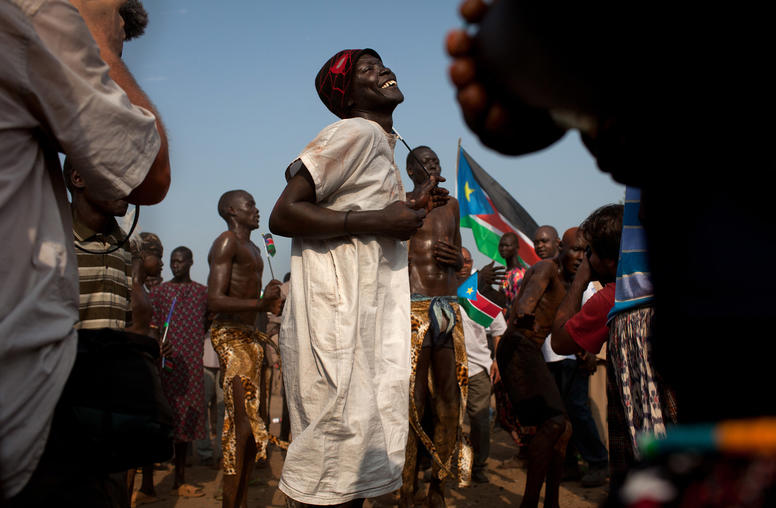
South Sudan’s Transition: Citizens’ Perception of Peace
Last month’s breakthrough between South Sudan’s government and its armed opposition on establishing a new transitional government represents a critical step toward ending the country’s civil war, a conflict that over the past six years has killed more than 400,000 people and displaced a third of the nation’s population of 12 million.
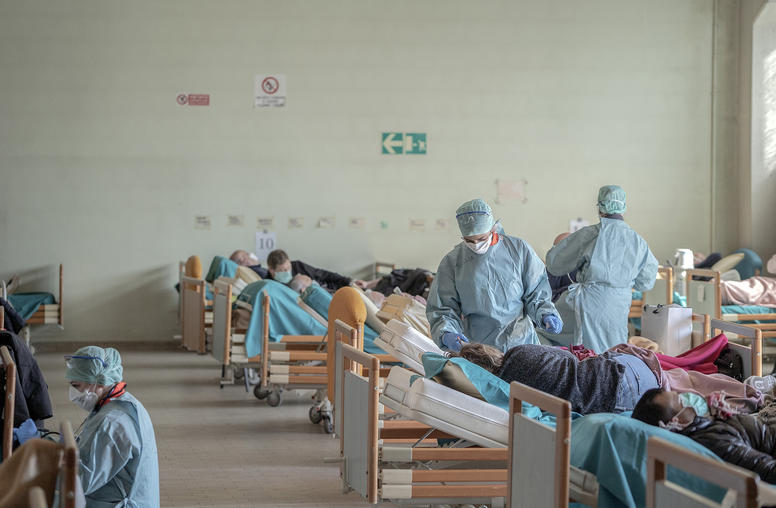
Amid Global Coronavirus Outbreak, What About Refugees?
With COVID-19 officially labelled a global pandemic, the focus for many countries has turned toward protecting their most vulnerable populations. But what about camps for refugees and internally displaced persons (IDPs)? Many camps lack the resources to maintain their already poor infrastructure, and the threat of a COVID-19 outbreak puts millions of displaced persons in a dangerous position. USIP’s Fouad Pervez looks at the unique risks that COVID-19 poses to refugees and IDPs, the impact an outbreak among these groups would have on the global pandemic, and what the international community can do to protect them.
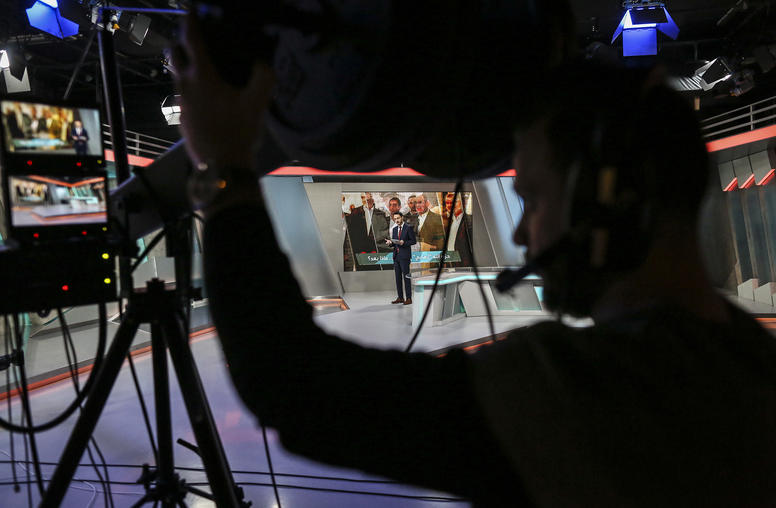
Rethinking Media’s Role in Conflict and Peace in the Middle East
In 2014, the world watched in disbelief, as global news networks covered the stream of gruesome and horrific beheading videos released by the so-called Islamic State. For the first time, by bringing the terror of the Islamic State directly to the devices in the palm of our hands, it felt personal and close by, rather than across the world in a mysterious land.
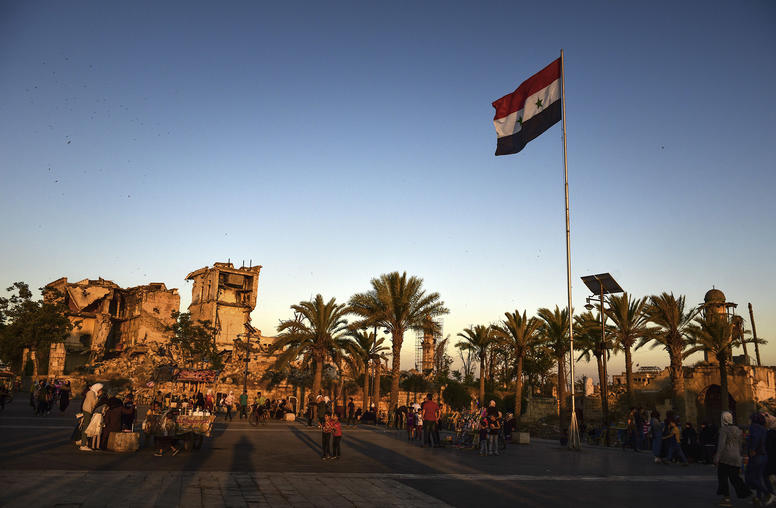
After Nine Years, Syria’s Conflict Has Only Become More Complicated
In March 2011, as the Arab world was roiled by demonstrations, protests broke out in Syria to demand political reform after four decades of Assad rule. Nine years later, the Assad regime is on the offensive against the last rebel stronghold of Idlib, with Russia, Turkey and Iran all heavily invested in the conflict. The humanitarian consequences for Syrians cannot be overstated and a political solution to conflict seems as distant as ever. USIP’s Mona Yacoubian discusses the dreadful toll on the Syrian population and what the battle for Idlib means for the trajectory of the conflict.

Mona Yacoubian on Syria’s Future After Nine Years of Conflict
Idlib is the site of Syria’s largest displacement crisis since the conflict began nine years ago, with nearly one million displaced in the province. As the Assad regime continues to reclaim Idlib, USIP’s Mona Yacoubian looks at the future for Syria, saying “the fact of the matter is that Syrians are terrified to live under Assad’s rule.”

Amid Red Sea Rivalries, Eritrea Plays for Independence
When Eritrea’s president last month hosted the leaders of Ethiopia and Somalia to discuss “regional cooperation,” that initiative drew few global headlines. Still, Eritrea’s move should be noted by policymakers and others working for stability in the Horn of Africa and the Red Sea region. For years, President Isaias Afwerki’s disdain for multilateral forums such as the African Union, and his strained relations with many governments in the region, have contributed to caricatures of Eritrea as the “North Korea of Africa.” But his invitation for two neighbors to discuss a new regional bloc reflects an important factor in Eritrea’s foreign policy: its efforts to preserve its independence in a fast-evolving geopolitical environment.
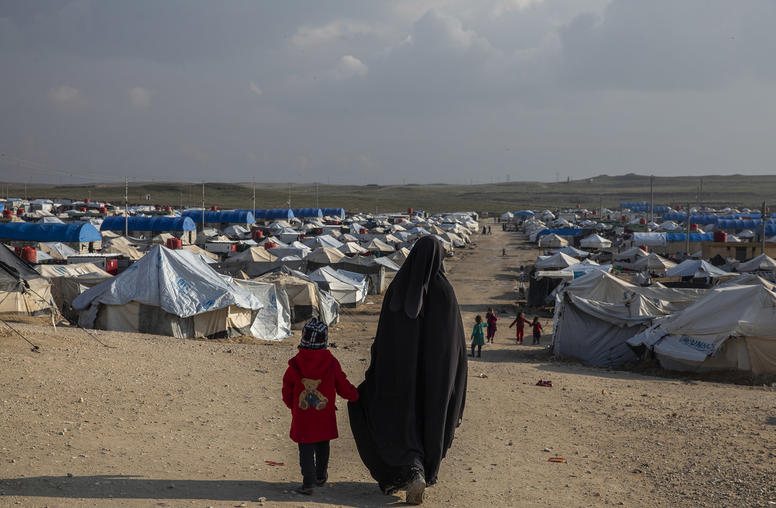
Children Are Neglected Victims of Syria’s War
As the war in Syria enters its tenth year, the conflict’s disproportionate toll on children underscores the generational challenge that lies ahead. An enduring political solution to the conflict remains a distant prospect, but humanitarian interventions to assuage Syrian children’s suffering must be prioritized today. An end to the fighting would be the most impactful development, but in the interim, intensifying efforts to address trauma, diminish early marriage and child labor, and rejuvenate education can help relieve some of the pain and begin to rescue the generation that holds Syria’s future.